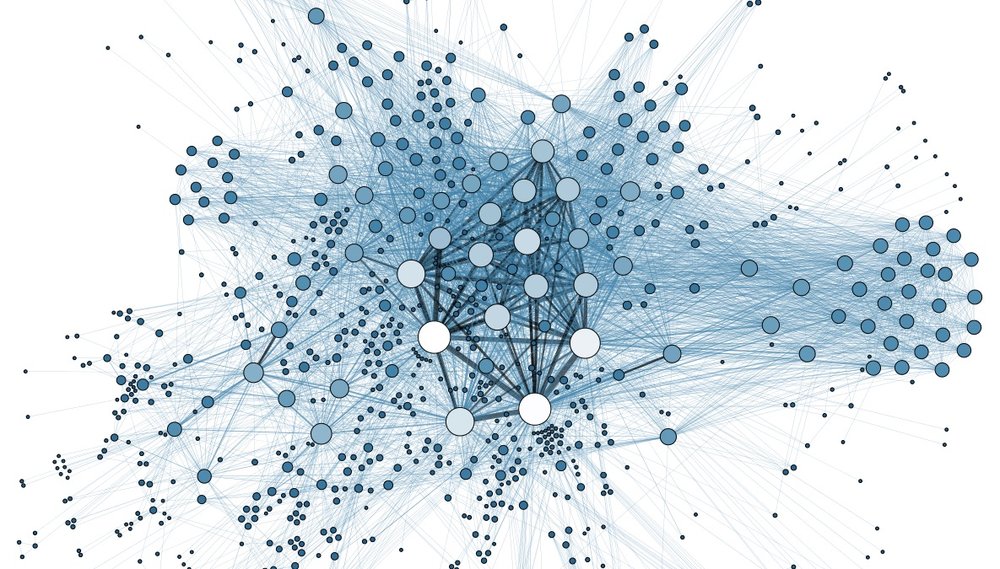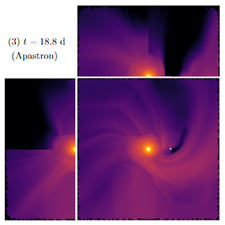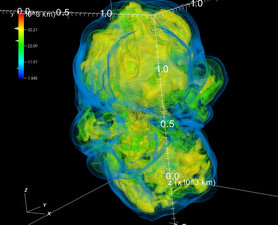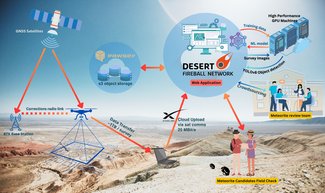Social Network Analysis (SNA) delves into the intricate web of social connections, examining relationships such as friendship and social support, and their influence on human behavior and attributes. In disaster research, SNA plays a crucial role in understanding community resilience. For instance, advanced statistical SNA techniques have been employed to study the resilience of communities affected by the 2009 “Black Saturday” bushfires, particularly focusing on the interplay between social support and mental health.
Supported by Melbourne Climate Futures, Colin Gallagher, Johan Koskinen, Elle Pattenden, Jonathan Januar, and Richard Bryant have worked on implementing recent Bayesian estimation methods for RSiena (Koskinen and Snijders, 2022). RSiena is an R-based statistical software designed for stochastic actor-oriented modeling of the coevolution of social networks and behavior. This initiative underpins the analysis of a longitudinal social network dataset from the Beyond Bushfires project, focusing on bushfire-affected communities.
The project involved parallelising a Bayesian implementation within this statistical framework to simulate dynamic network processes across hundreds of imputed networks simultaneously. ADACS developers recognised the need for a tailored MPI routine and enhancements to the R functionality of the RSiena package, the gold standard for longitudinal SNA. This new code enables RSiena to operate on distributed systems using MPI. These optimisations resulted in a 36-fold speed-up for a large reference problem used during testing, with performance scaling effectively up to at least 256 compute cores.
Dr Gallagher reflects on the collaboration: “It’s been a real treat to work with ADACS, who resolved our software challenge in fine form. While SNA and Astrophysics may seem a long ways apart, there is a fundamental and important common ground in Markov chain Monte Carlo statistical methods that bridges the two fields. As a result, the ADACS team had a firm grasp of the statistical background for the project, which sped up our ability to work with them. Our regular meetings were productive and informative, and culminated in a successful outcome. We’re hoping to continue our collaboration with such a unique, capable, and collegial group.”
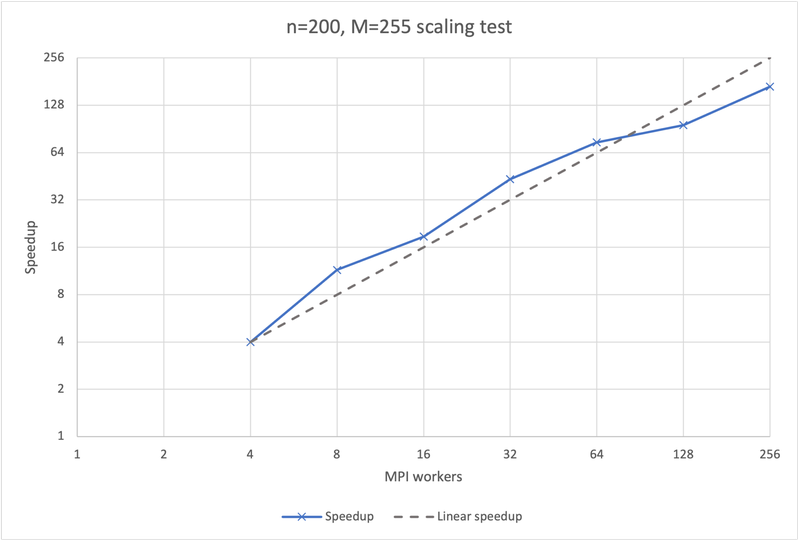
Strong scaling test for the RSiena optimisations implemented by ADACS. This shows that the code is able to efficiently utilise at least 256 compute cores for the project’s benchmark problem.
This work was externally funded and performed by ADACS using capacity outside of the NCRIS funded services to the national astronomy community.
